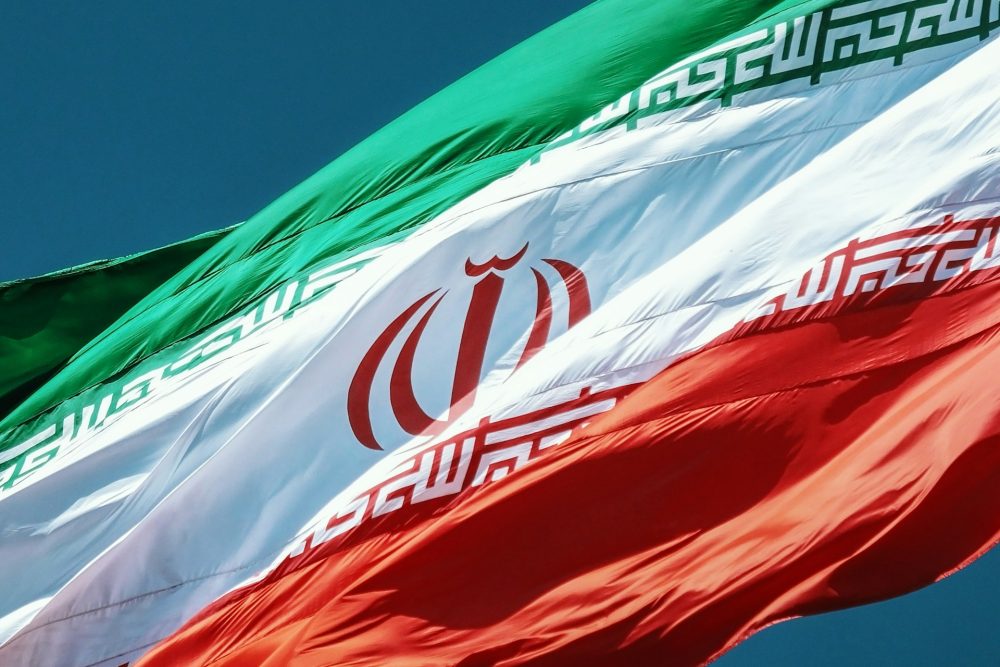Africa
Cameroon absorbs its agricultural know-how from Brazil
Separated by the immensity of the Atlantic Ocean, Cameroon and Brazil for more than half a century maintained close diplomatic ties and fruitful common interests. After several reforms, this institution – in which the Cameroonian state invests more than one billion CFA francs (about 2 million dollars) every year – offers more than twenty courses in the fields of livestock farming.
Yaoundé, Oct 28 (EFE). Separated by the immensity of the Atlantic Ocean, Cameroon and Brazil for more than half a century maintained close diplomatic ties and fruitful common interests, strengthened in recent years in the same area: agriculture.
“What worked at home (Brazil) can also work in Cameroon. For this reason, we are deploying agricultural diplomacy with a view to Africa. In general and Cameroon in particular,” said Brazil’s ambassador to Cameroon. Vivian Loss Sanmartin, at a bilateral seminar held on Sept. 26 in Yaoundé.

The cooperation between Cameroon and Brazil
An example of this philosophy found in the public Binguela Practical School of Agriculture (EPAB). A town about 30 km from Cameroon’s capital, which for years benefited from the cooperation between Cameroon and Brazil.
“Cameroon still needs to learn from Brazil,” says Roland Amougou Etogo. Director of the center, which is part of the Ministry of Agriculture.
After several reforms, this institution – in which the Cameroonian state invests more than one billion CFA francs (about 2 million dollars) every year – offers more than twenty courses in the fields of livestock farming. Also, agriculture and agri-food processing.
More than a thousand graduates each year
On an area of 100 hectares, apprentices trained for two to three months. A time when they have farms and land – and every year more than 1,000 Cameroonians graduate.
“In 2012 we signed a partnership agreement with the Federal Institute of Education. Science and Technology of Bahia (IFBA) – Brazil’s northeastern state – to strengthen the skills of trainers and take advantage of technological advances in the agricultural sector.” Said Anicet Nkodo, head of the project at EPAB.
As part of this association, about twenty EPAB trainers instructed in family farming, use of waste in production, composting and biofertilizers; in addition to receiving continuous training in agriculture and silvopastoral sectors.
The research
Since the end of September, this cooperation extended to the field of agribusiness. A highly developed sector in the Brazilian giant – despite its disastrous consequences for the Amazon. Which promoted in Cameroon.
“In Brazil, research has been going on for 40 years, something that has not happened anywhere else in the world. This research has done a lot to improve productivity,” said Brazilian agronomist Gilberto Grando at the seminar.
“Today we want African countries, especially Cameroon, to take advantage of this technology to boost their agriculture. In five years we went from 800 million dollars to 6.3 billion dollars in industrial assets related to agriculture,” Grando said.
Soy and cacao
In addition to its support for the Binguela Agricultural Practical School, Brazil recently trained fifty technicians from the Cameroon Cocoa Company (SODECAO) in Cameroon. Mainly in cocoa processing through the so-called “bio-factory project”.
SODECAO is the executing agency of the cooperation agreement signed between Cameroon and Brazil almost 15 years ago. In April 2005, during the official visit of the then Brazilian president, Lula da Silva, to Cameroon.
Bio-factory project
With this “bio-factory project,” Cameroon’s Ministry of Agriculture and Sustainable Development is seeking to boost cocoa production to 600,000 tons by 2020 from local varieties imported from Brazil.
In 2016, a joint venture between the two countries for the industrial production of soybeans was also inaugurated. Sources from Cameroon’s Ministry of Agriculture and Rural Development told Efe.

Located in the Eastern region of Cameroon, this Brazilian-Cameroon subsidiary, called Soyobeans Processing Industry (Soproicam). It produced around 360,000 tonnes of maize and 144,000 tonnes of soybeans since 2018, and everything points to a land of 12,000 hectares.
However, despite strong agricultural cooperation, trade between Cameroon and Brazil does not exceed 50 billion CFA francs (almost $85 million dollars). According to the latest 2015 data published by the Brazilian-African Chamber of Commerce.
—
(Featured image by Raphael Nogueira)
First published in es-us.finanzas.yahoo, a third-party contributor translated and adapted the article from the original. In case of discrepancy, the original will prevail.
Although we made reasonable efforts to provide accurate translations, some parts may be incorrect. Born2Invest assumes no responsibility for errors, omissions or ambiguities in the translations provided on this website. Any person or entity relying on translated content does so at their own risk. Born2Invest is not responsible for losses caused by such reliance on the accuracy or reliability of translated information. If you wish to report an error or inaccuracy in the translation, we encourage you to contact us.

-

 Markets2 weeks ago
Markets2 weeks agoShockwaves of War: U.S. Strikes Iran, Markets Teeter, Global Risks Rise
-

 Fintech1 day ago
Fintech1 day agoRipple Targets Banking License to Boost RLUSD Stablecoin Amid U.S. Regulatory Shift
-

 Crypto1 week ago
Crypto1 week agoCoinbase Surges: Bernstein Targets $510 as COIN Hits Highest Price Since IPO
-

 Markets4 days ago
Markets4 days agoCoffee Prices Decline Amid Rising Supply and Mixed Harvest Outlooks






















